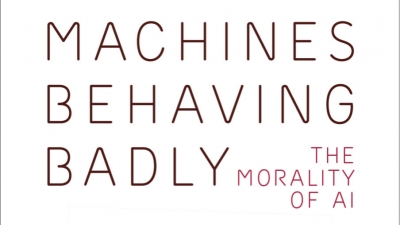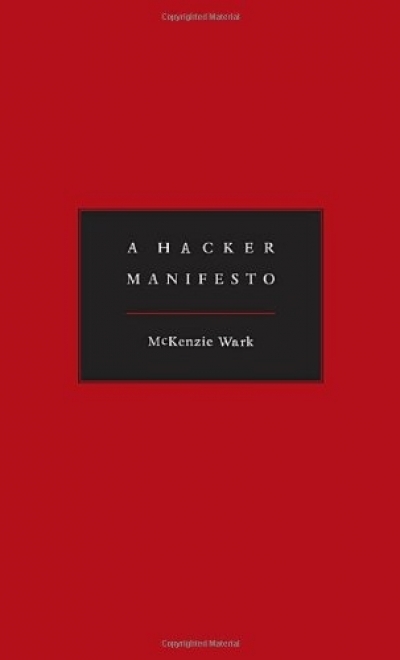Technology
It was a busy day in February. I was in my office at Monash University, squeezing in some emails with one hand and a quick bite of lunch with the other. Yeah, a typical day for an academic. That’s when I came across an email sent to me by a PhD student from another Australian university who wanted to know about a research paper I had written. They sent me the title of the paper, the abstract, and the author list.
... (read more)Man-Made: How the bias of the past is being built into the future by Tracey Spicer
by Ruby O'Connor •
Here Be Monsters: Is technology reducing our humanity? by Richard King
by Robyn Arianrhod •
The Fight for Privacy: Protecting dignity, identity and love in the digital age by Danielle Keats Citron
by Jessica Lake •
Virtual Nation: The internet in Australia edited by Gerard Goggin
by Joel Deane •







